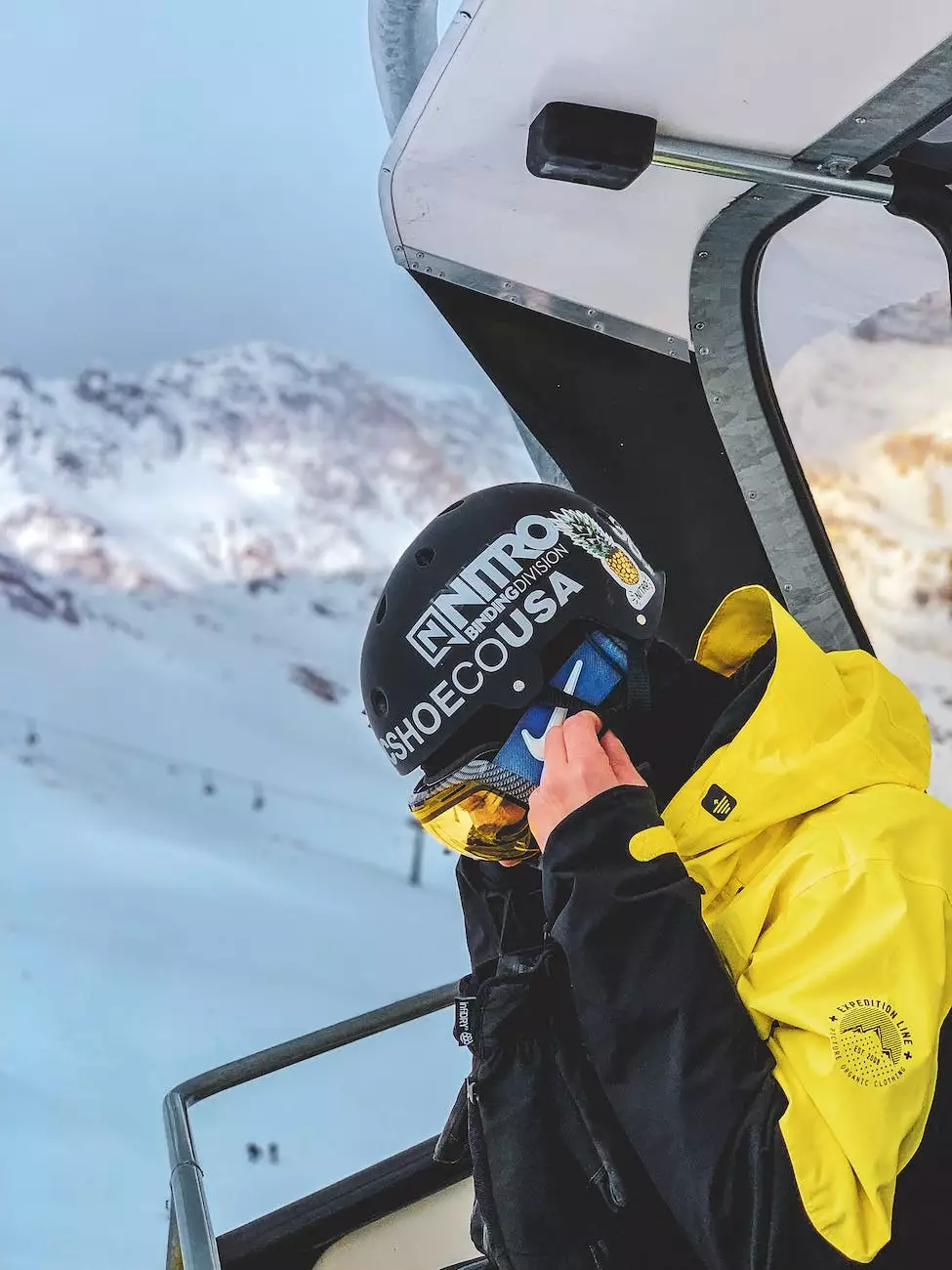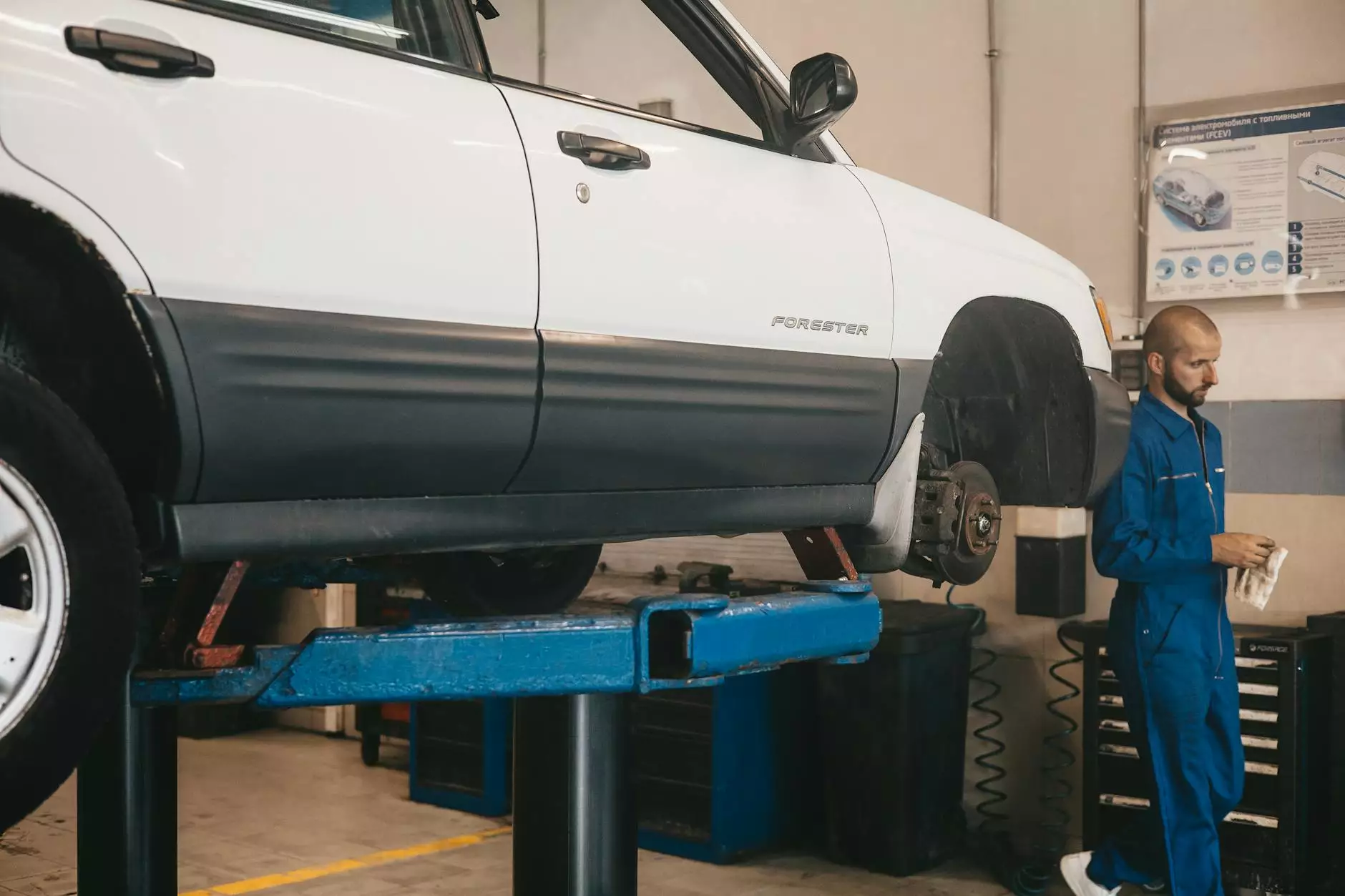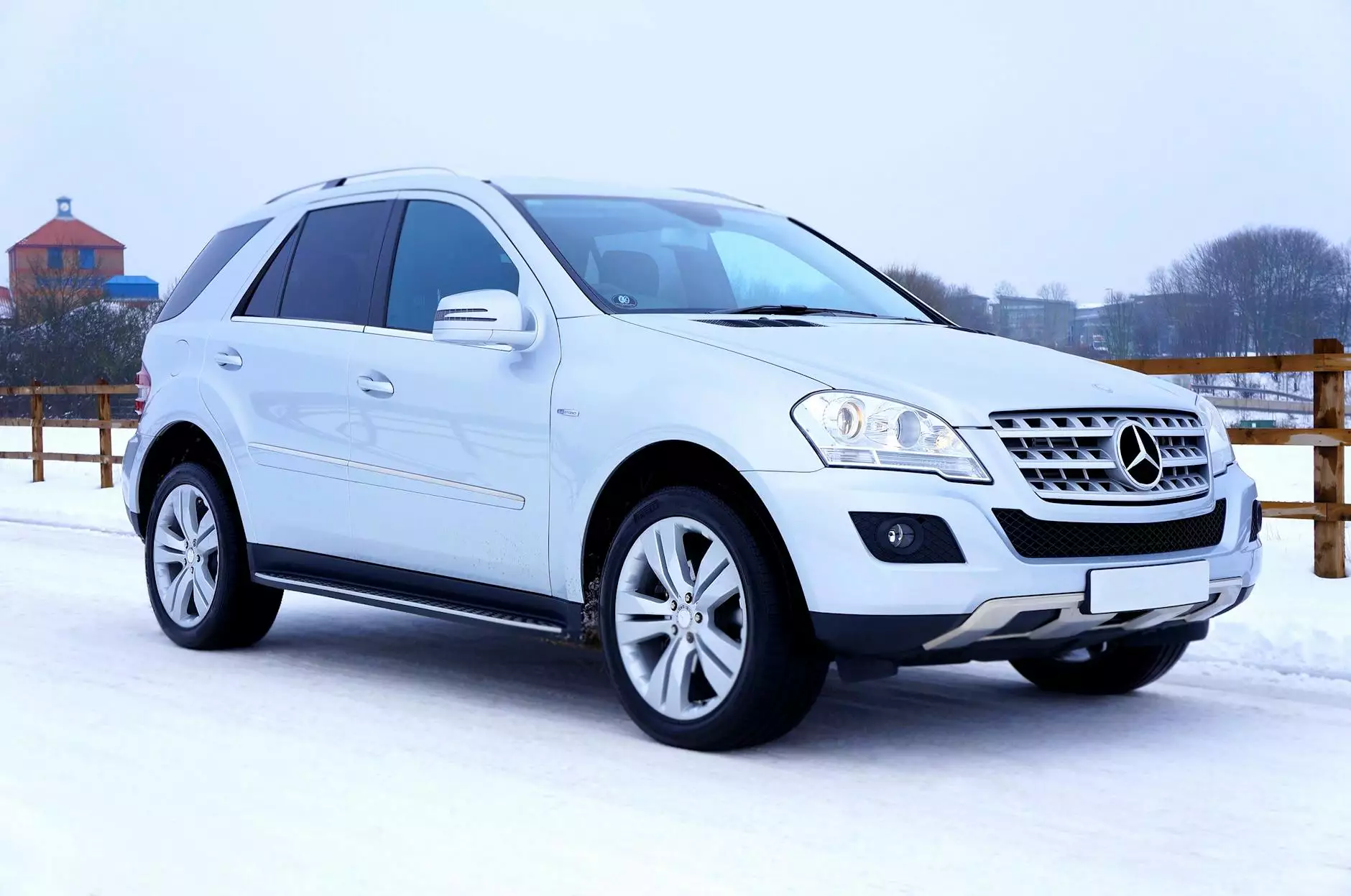What Vehicles Need Snow Chains?
Winter Driving Tips
Introduction
Welcome to the comprehensive guide on identifying which vehicles require snow chains for safe driving in winter conditions. At BK Autosports, we understand the importance of vehicle safety, especially during challenging weather conditions.
Navigating Winter Roads
Winter can present unpredictable road conditions, with snow and ice covering the asphalt. To ensure your vehicle maintains traction and minimizes the risk of accidents or getting stuck, it's crucial to determine if your specific vehicle requires the use of snow chains.
Factors to Consider
Before diving into whether your vehicle requires snow chains, you need to consider a few important factors that influence this decision:
1. Local Regulations and Requirements
Start by checking the local regulations and requirements regarding the use of snow chains in your area. Some regions make it mandatory for certain vehicles or during specific weather conditions for safety reasons.
2. Vehicle Type and Drivetrain
Different vehicle types and drivetrains behave differently in snowy conditions. While all-wheel drive vehicles generally offer better traction, it doesn't guarantee complete control. Rear-wheel drive and front-wheel drive vehicles may benefit from snow chains to enhance grip.
3. Tire Size and Condition
Tire size and condition play a crucial role in determining if your vehicle needs snow chains. Smaller or worn-out tires may lack proper traction, increasing the need for snow chains.
Types of Vehicles that Might Need Snow Chains
Now let's explore which types of vehicles are more likely to require snow chains:
1. Passenger Cars
Most passenger cars come with all-season or summer tires, which may not provide sufficient traction on icy roads. If you frequently drive in areas with heavy snowfall, investing in high-quality snow chains can significantly improve your driving experience.
2. SUVs and Crossovers
While SUVs and crossovers often have better ground clearance and all-wheel drive capabilities, they are not immune to challenging winter conditions. Adding snow chains to their tires can further enhance their performance, providing you with increased confidence on the road.
3. Trucks and Commercial Vehicles
Trucks and commercial vehicles, especially those used for transportation or delivery services, can greatly benefit from snow chains. These vehicles often carry heavy loads, making it even more important to maintain traction and stability.
Choosing the Right Snow Chains
When selecting snow chains for your vehicle, several factors should be considered:
1. Compatibility
Ensure that the snow chains you choose are compatible with your specific vehicle and tire size. Refer to your vehicle's manual or consult a professional if you are unsure.
2. Ease of Installation
Look for snow chains that are easy to install and remove. Some models feature innovative designs or self-tensioning systems, making the process quick and hassle-free.
3. Durability and Performance
Opt for high-quality snow chains that are durable and designed to provide optimal performance in snowy conditions. Look for features like reinforced steel chains and superior grip.
Conclusion
In conclusion, determining if your vehicle needs snow chains depends on various factors such as local regulations, vehicle type, drivetrain, and tire size. While not all vehicles require snow chains, they can significantly enhance traction and safety during winter driving. At BK Autosports, we prioritize your safety and provide expert advice on all automotive matters, including the use of snow chains. Stay safe on the roads this winter season!










